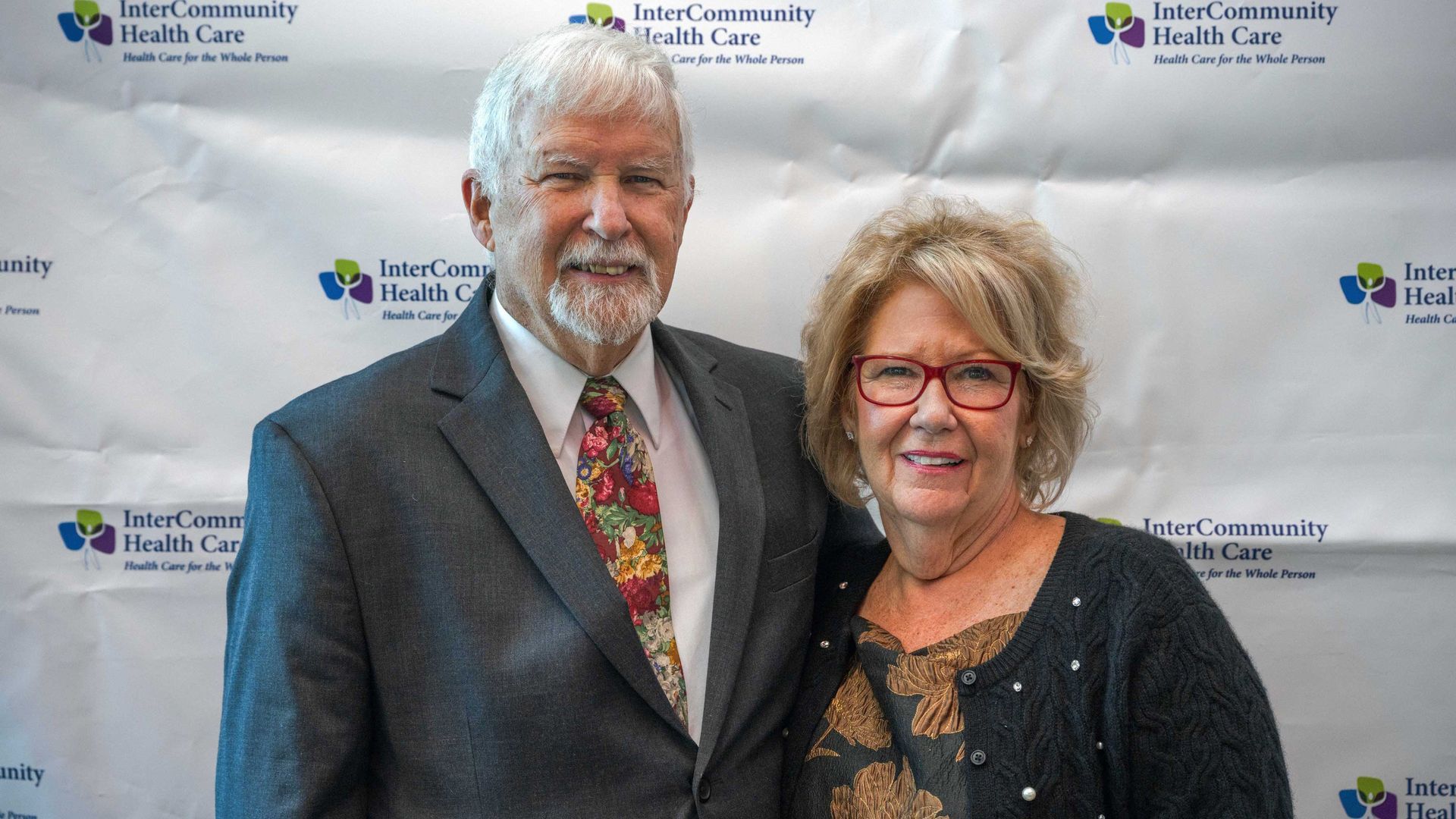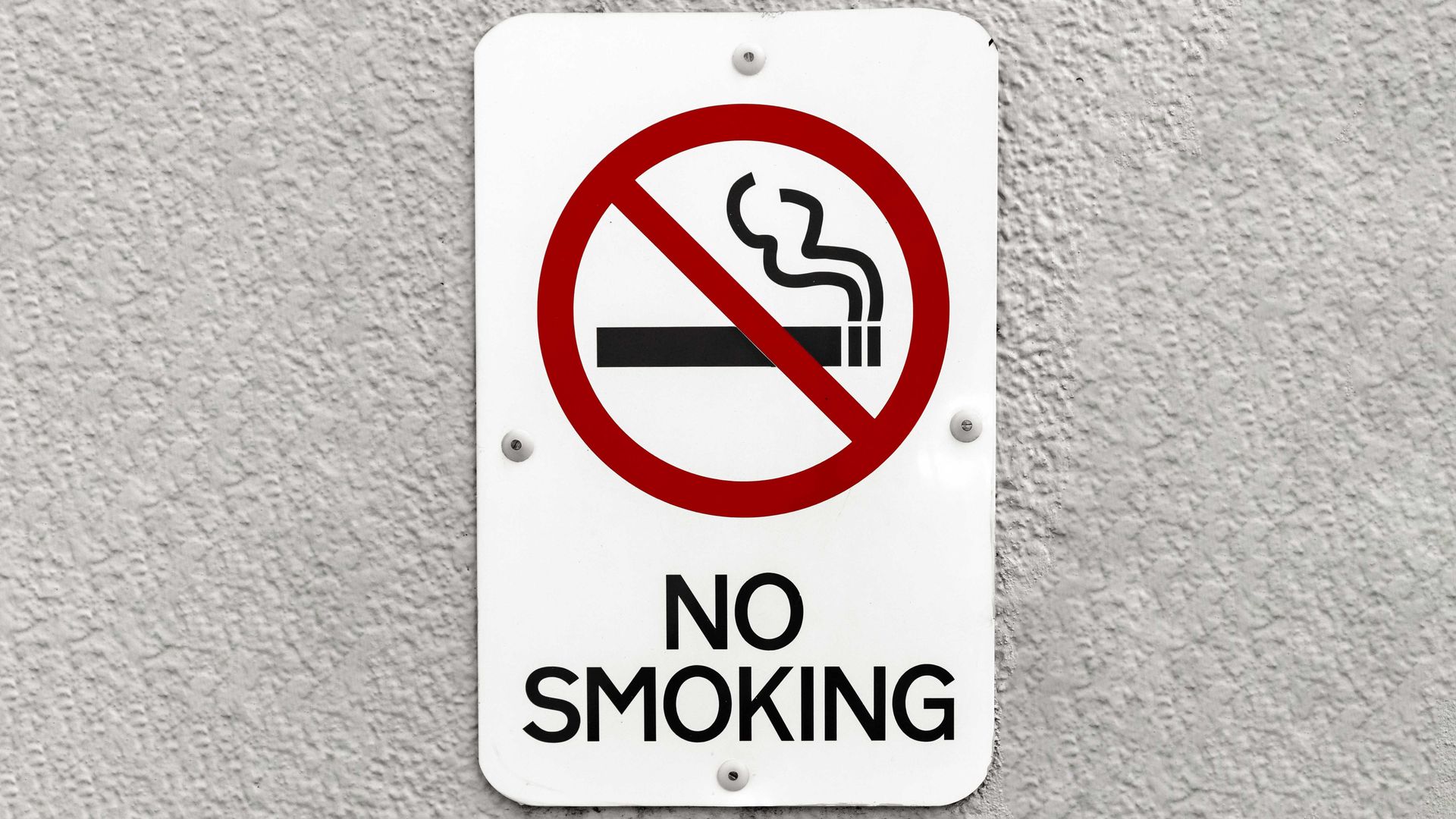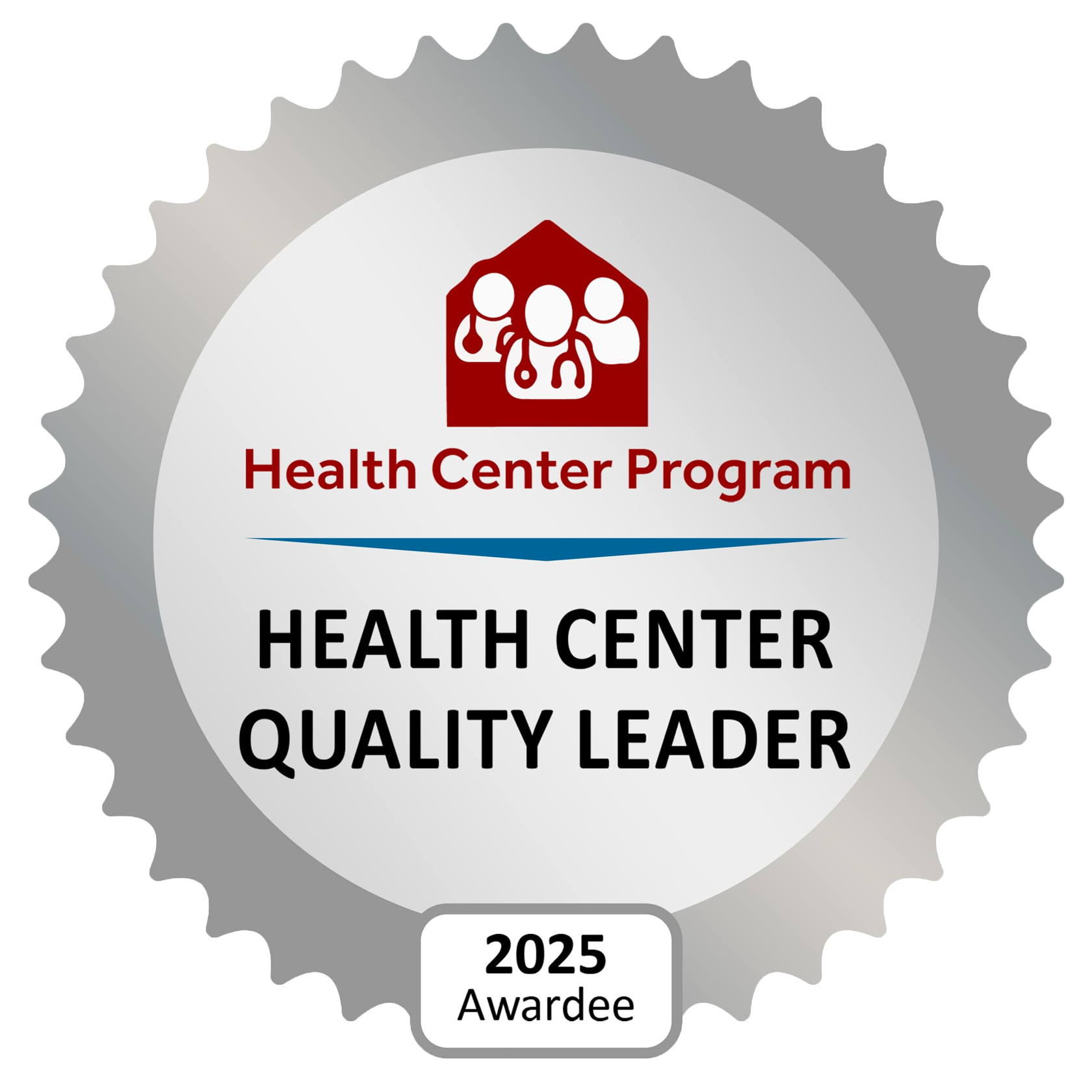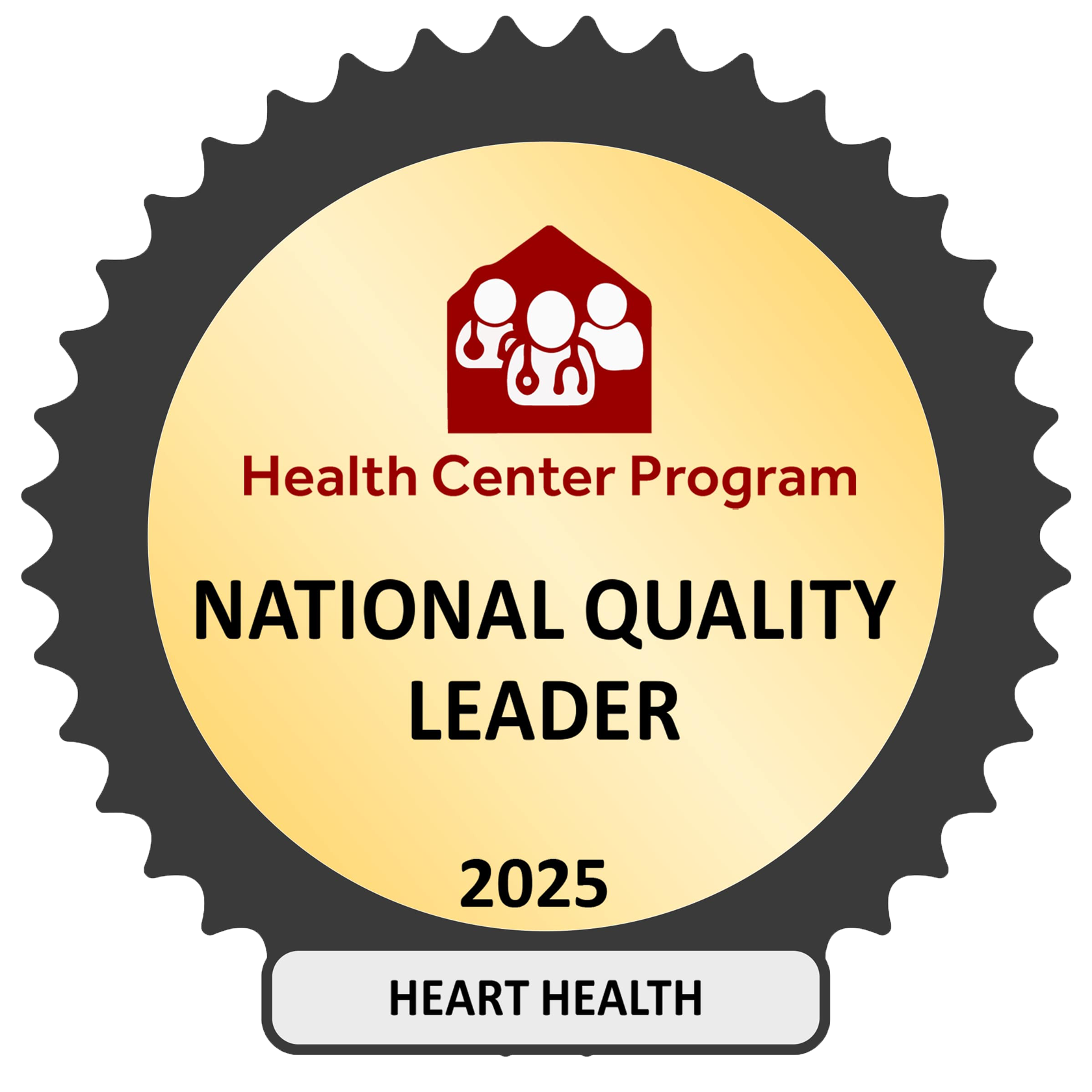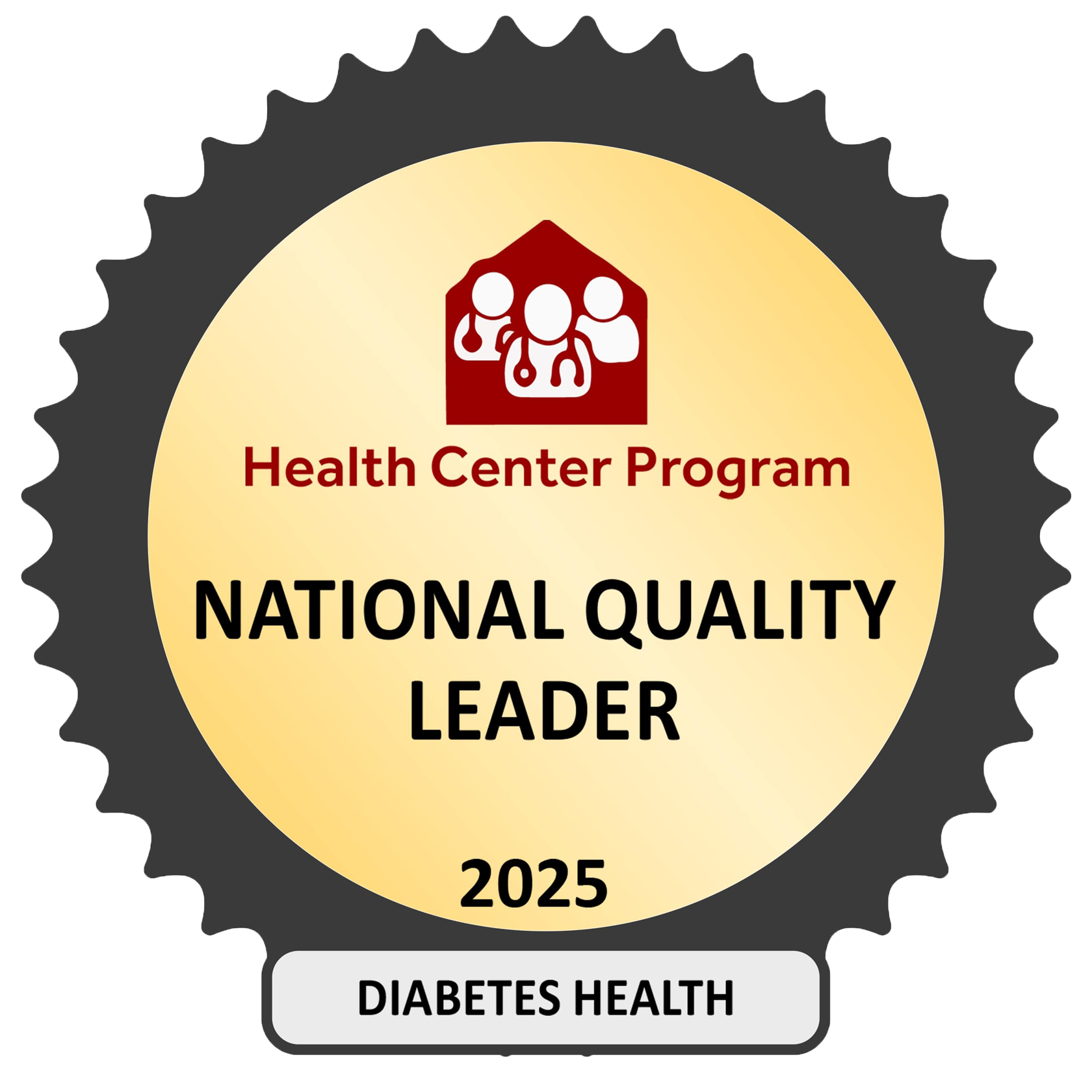Are Breast Cancer Treatments Improving?
A recent article in Yale Medicine notes that some breast cancer patients are getting less chemotherapy, or bypassing it entirely. Treatments are changing, and clinical trial results are showing that women with certain breast cancers may not need aggressive chemotherapy with its often debilitating, long-term side effects.
Chemotherapy, which is used to kill cancer cells, shrink tumors, and help make other treatments more effective, commonly causes fatigue, hair loss, nausea, and sometimes affects heart function. Long-term complications, though less common, include neuropathy, leukemia, and heart problems. Breast cancer patients who have good outcomes with less intensive medical treatments are likely to experience less anxiety and a higher quality of life.
The article notes that two types of breast cancer respond well to less aggressive chemo or even none at all: HR-positive, which is the largest breast cancer subtype, and HER2-positive, which was once a fatal disease in the past but is effectively treated now with limited chemotherapy. Specialized testing and genomic profiling tests can help doctors determine which patients will benefit from chemotherapy and which cancers are more likely to return. Depending on the type of breast cancer, targeted therapies and anti-estrogen therapies can also lower the risk of recurrence.
The post Are Breast Cancer Treatments Improving? appeared first on InterCommunity.


